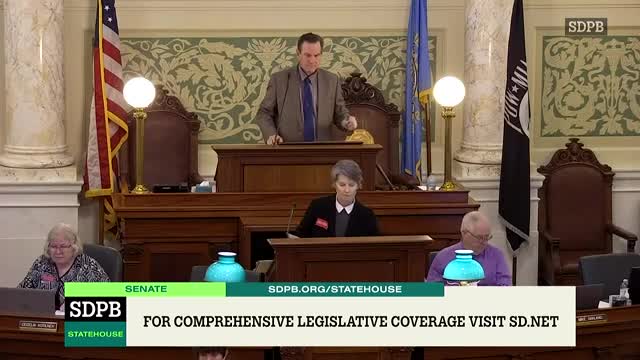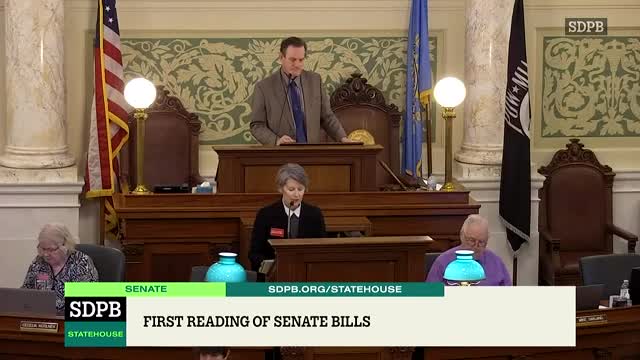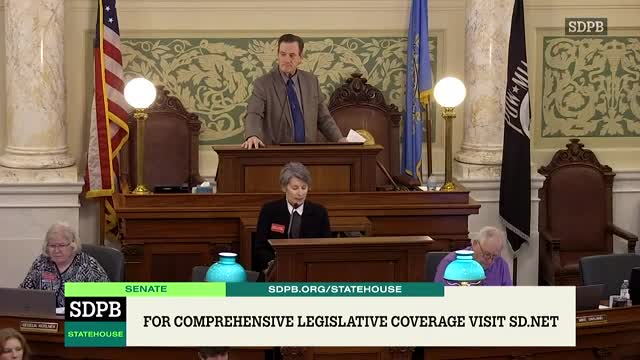Article not found
This article is no longer available. But don't worry—we've gathered other articles that discuss the same topic.

Senate approves resolution applying to Congress for Article V convention on fiscal restraints, limits on federal power and term limits

Senate approves change to rules for approaching vehicles stopped on highway shoulders

